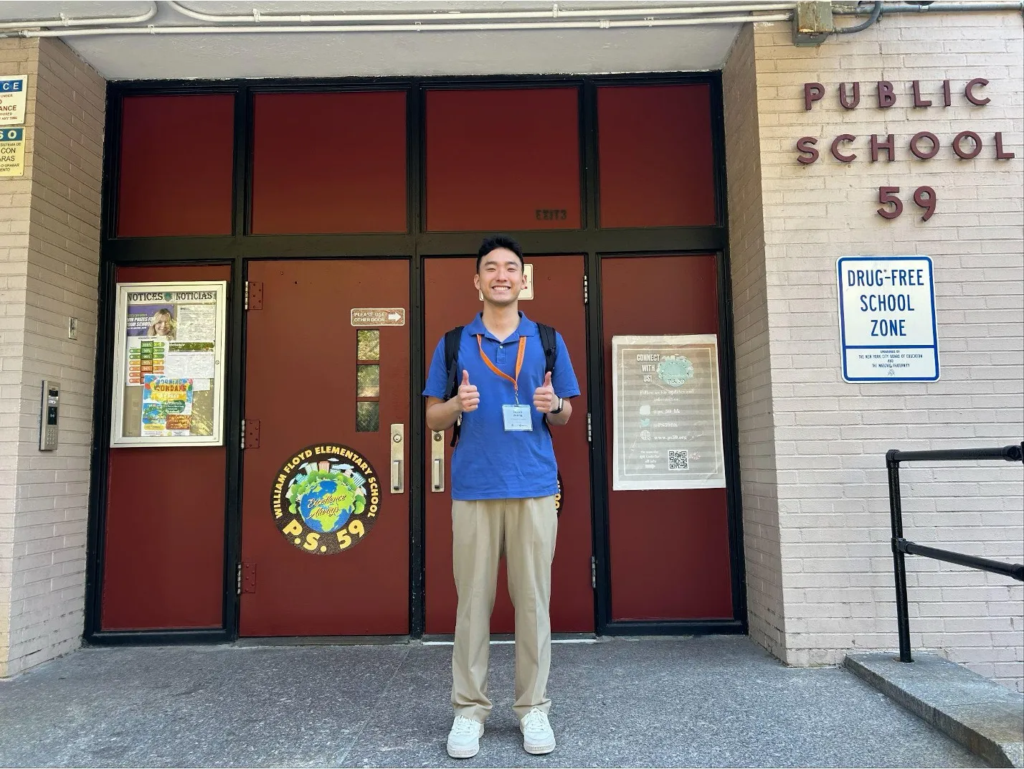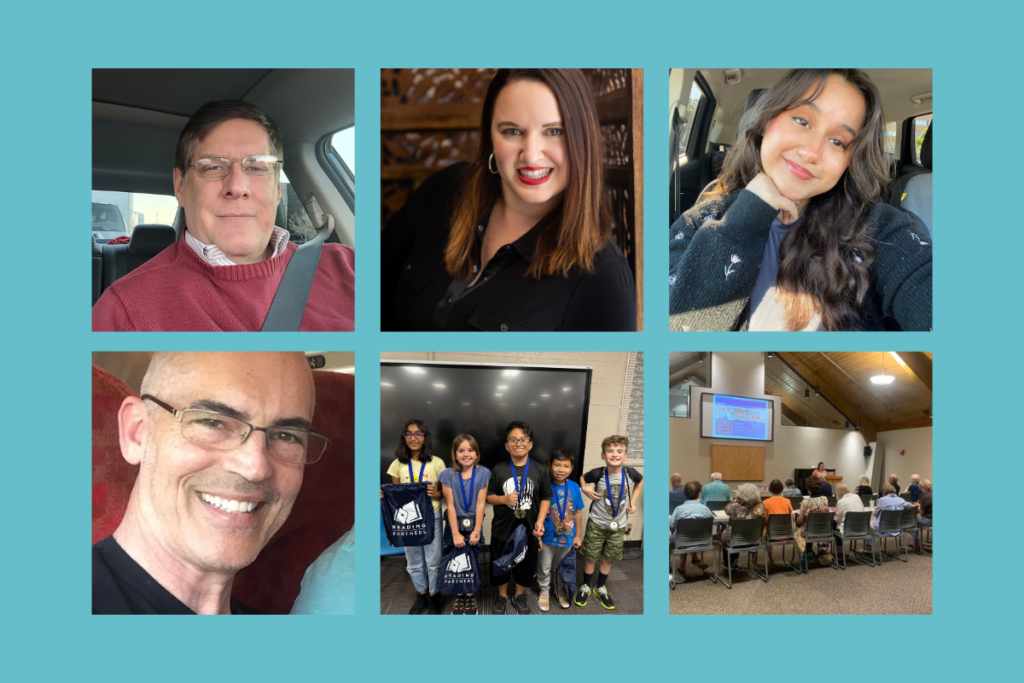
Report: Tutoring by teachers, staff leads to greater academic improvement
October 5, 2020
Originally published on Education Dive
Dive Brief:
- Tutoring programs overall can significantly improve students’ learning outcomes, advancing them from the 50th to the 66th percentile, according to a paper by the Abdul Latif Jameel Poverty Action Lab (J-PAL).
- Tutoring led by teachers or paraprofessionals rather than lead by nonprofessionals or parents generally is more effective, the evidence review found. J-PAL also said in-school tutoring yields greater results than after-school tutoring programs.
- The impact of tutoring tends to be greater in earlier grades, but some programs improve learning outcomes at the secondary level, as well. Reading programs are more effective for students in preschool through 1st grade and math tutoring was more helpful for students in grades 2-5.
Dive Insight:
While an Illuminate Education report found that the “COVID slide” may have caused a learning loss of two to four months in math and reading during the spring, students who interacted frequently with teachers during school closures fared better. The analysis suggests school closures and distance learning will significantly impact reading and math, with kindergartners being most affected. Oral reading is expected to be most pronounced among the 5th-graders.
Continuing school closures and distance learning are deepening the COVID slide, educators say. Tutoring may offset it — and it’s especially important for low-income students to have access to those services. One-on-one and small group tutoring are most effective, but can be expensive, but mass virtual tutoring programs could be a more affordable option.
Intergenerational tutoring is a solution that matches older volunteers with struggling students in an attempt to reverse the learning loss. Not only are older volunteers reliable, they often have more time during the school day when students need help.
Reading Partners, a national literacy nonprofit, pares struggling readers in grades K-4 with one-on-one reading support. Since the pandemic, the program pivoted from in-person to online and phone calls. Schools on Wheels in Los Angeles works with homeless students. Its 2,500 volunteers are offering remote tutoring, and have worked with other nonprofits to connect students to devices and Wi-Fi access.



